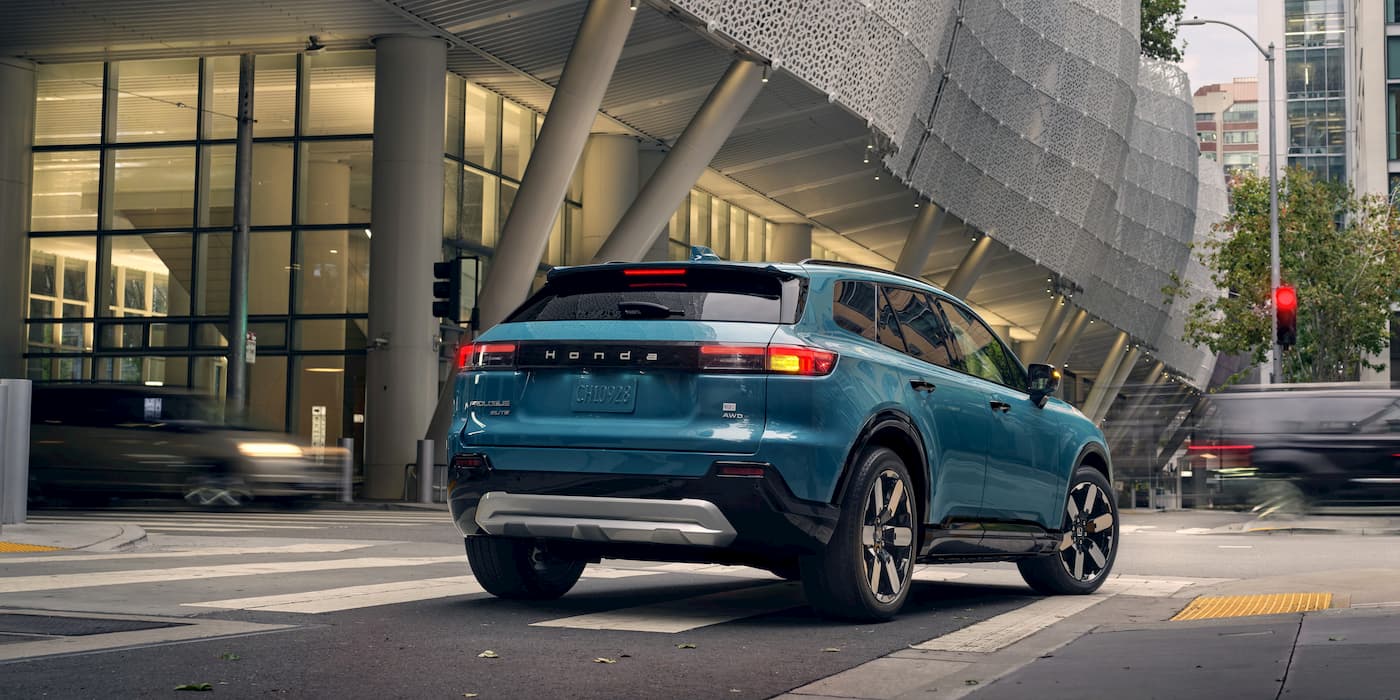Electric Vehicle Discounts Surge as Federal Tax Credit Deadline Looms
Automakers are rolling out unprecedented discounts on electric vehicles, with many incentives exceeding $10,000, as the federal tax credit approaches its expiration. This aggressive pricing strategy is fueling a buying frenzy among consumers eager to capitalize on the $7,500 credit before it phases out at the end of the month.
Key Highlights
- Discount Amounts: Automakers are offering incentives well over $10,000 on select EV models.
- Federal Tax Credit: The $7,500 EV tax credit is set to wind down, prompting a rush among buyers.
- Market Impact: The discounts are driving a significant sell-off, boosting EV sales volumes.
- Deadline: The tax credit expiration deadline is at the end of the current month.
Why the Rush? Understanding the Federal Tax Credit Phase-Out
The federal electric vehicle tax credit has been a cornerstone of EV adoption in the United States, providing a substantial financial incentive for buyers. However, changes in legislation mean that this credit is now being phased out for many manufacturers. As the deadline looms, automakers and consumers alike are scrambling to make the most of the remaining opportunity.
Automaker Strategies: Discounts and Incentives
In response to the impending credit reduction, major automakers have launched aggressive discount campaigns. These incentives are designed not only to offset the loss of the tax credit but also to clear inventory and meet sales targets. For example, companies like Tesla, Ford, and General Motors are offering significant price reductions, low-interest financing, and lease deals that make EVs more accessible than ever.
Comparative Analysis of Current EV Discounts
To provide a clearer picture of the market dynamics, below is a comparison of current discounts and incentives offered by leading automakers on their popular EV models:
| Automaker | Model | Discount/Incentive | Effective Until |
|---|---|---|---|
| Tesla | Model 3 | $7,500 credit + $3,000 discount | End of month |
| Ford | Mustang Mach-E | $8,000 cash back | End of month |
| General Motors | Chevrolet Bolt EV | $10,000 manufacturer discount | End of month |
| Nissan | Leaf | $6,000 incentive + $7,500 credit | End of month |
Consumer Response: A Buying Frenzy
The combination of steep discounts and the expiring tax credit has created a perfect storm for EV sales. Dealerships are reporting a surge in foot traffic and online inquiries, with many models selling out within days. Consumers are motivated by the dual benefit of lower upfront costs and long-term savings on fuel and maintenance.
Long-Term Implications for the EV Market
While the current discounts are driving short-term sales, there are concerns about what happens after the tax credit expires. Automakers may need to continue offering incentives to maintain sales momentum, potentially impacting profit margins. Additionally, the phase-out could slow down EV adoption rates unless state-level incentives or new federal policies are introduced.
How to Maximize Savings Before the Deadline
For consumers considering an EV purchase, now is the time to act. To ensure eligibility for the full $7,500 tax credit, buyers must take delivery of their vehicle before the end of the month. It's also advisable to compare offers from different automakers and dealerships, as incentives can vary significantly.
Steps to Secure Your EV and Tax Credit
First, research available models and their corresponding discounts. Next, contact dealerships to confirm inventory and incentive details. Finally, complete the purchase and paperwork promptly to meet the deadline. Many dealerships are offering expedited processes to facilitate last-minute buyers.
Conclusion
The expiration of the federal EV tax credit has catalyzed a remarkable surge in discounts and consumer activity, creating a unique window of opportunity for prospective buyers. Automakers' generous incentives, combined with the $7,500 credit, are making electric vehicles more affordable than ever. However, with the deadline fast approaching, those interested must act quickly to secure these savings. As the market adjusts to the post-credit landscape, the long-term effects on EV adoption and automaker strategies remain to be seen, but for now, the push is on to drive electric.


